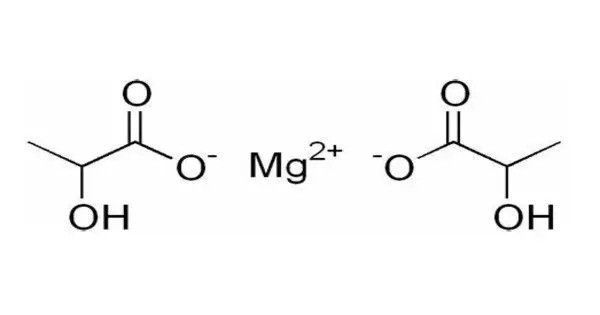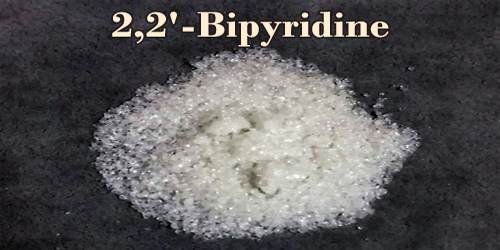Magnesium lactate, the magnesium salt of lactic acid. It is a magnesium salt of lactic acid and is commonly used as a dietary supplement. Magnesium is an essential mineral that plays a critical role in many bodily functions, including muscle function, nerve transmission, energy production, and bone health.
It is commonly used to increase magnesium intake in people who may be deficient in magnesium, which can occur due to poor diet, certain medical conditions, or medication use.
Mineral supplement
Magnesium lactate is often found in the form of magnesium lactate hydrate, a crystalline form of magnesium that can be consumed as a supplement. It can be used as a mineral supplement to prevent and treat low amounts of magnesium in the blood.
Magnesium lactate may help treat leg muscle cramps in pregnancy. Unlike other forms of magnesium, magnesium lactate is considered to be gentle on the stomach, which makes it a popular choice for individuals who experience gastrointestinal discomfort with other magnesium supplements like magnesium oxide.
Food additive
As a food additive, it has the E number E329 and is used in food and beverages as an acidity regulator. While magnesium lactate itself isn’t a common ingredient in natural foods, it may be found in fortified products or supplements. Magnesium is present in foods such as spinach, nuts, seeds, and whole grains, while lactic acid can be found in dairy products and fermented foods.
Benefits
- Bone Health: Magnesium plays a key role in the metabolism of calcium, which is crucial for maintaining healthy bones and teeth.
- Muscle Function: Magnesium is important for muscle relaxation and contraction. Adequate magnesium levels help prevent muscle cramps and spasms.
- Heart Health: Magnesium is important for maintaining a normal heart rhythm and blood pressure.
- Nervous System Support: Magnesium helps regulate neurotransmitters, which are involved in the transmission of nerve signals.
- Energy Production: Magnesium is involved in the production of ATP (adenosine triphosphate), which is the primary energy carrier in cells.
Safety and Side Effects
- Magnesium lactate is generally considered safe when used as directed. However, excessive magnesium intake can lead to side effects like diarrhea, nausea, and abdominal cramping.
- People with kidney disease should be cautious when taking magnesium supplements, as the kidneys are responsible for eliminating excess magnesium from the body.
















